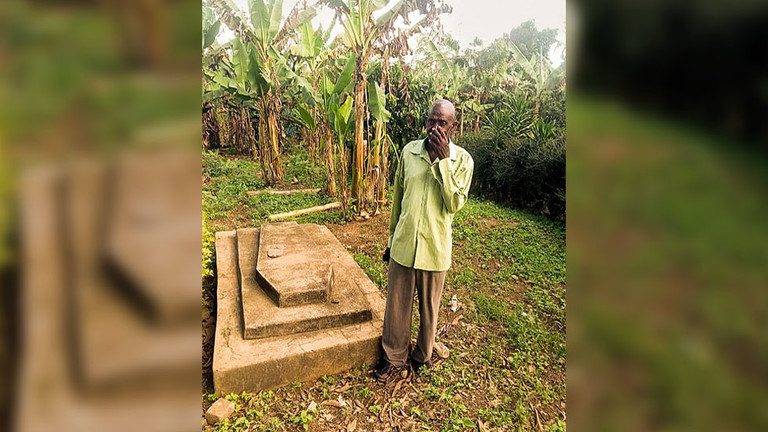Africa
East African community accuses French oil company of ‘spiritual aggression’

TotalEnergies is accused in a GreenFaith report of desecrating graves along pipeline building routes in Tanzania and Uganda.
The construction of a pipeline from Ugandan oil resources to a port in Tanzania is under pressure to stop, since a survey revealed that the project has damaged hundreds of tombs along its path. TotalEnergies is a large French oil and gas company.
GreenFaith, a climate watchdog organisation located in New York, published a report on Thursday alleging that TotalEnergies “has consistently failed to respect local customs and traditions related to the treatment of graves.”
“The company has consistently disregarded the requests of neighbourhood families to honour graves, disregarded information shared by families or community members regarding the locations of unmarked graves, and provided insufficient, postponed, or nonexistent compensation for the harm caused,” the statement said.
Since 2017, TotalEnergies has been working with the governments of Tanzania and Uganda, as well as the China National Offshore Oil Corporation, to design the construction of the East Africa Crude Oil Pipeline (EACOP), which would be the largest heated crude oil pipeline in the world.
Upon completion, the 1,443-kilometer pipeline project—which is anticipated to force out over 100,000 people—will leave behind hundreds of kilometres of roads, camps, and other infrastructure in addition to dozens of wellsites.
READ ALSO: Honouring African Veterans and Stressing the Importance of City Green Spaces, King Charles
However, opponents have long threatened to sue TotalEnergies, the project’s major shareholder with a 62% interest, for alleged abuses of human rights and climate change.
Five NGOs from France and Uganda filed a second lawsuit against the oil giant in June in a Paris civil court, following the rejection of their first fast-track application. Through its operations in the Tilenga oil development project and EACOP, the groups accused TotalEnergies of breaching the Paris climate pact and causing “serious harm” to communities, notably with regard to their rights to land and food.
Aside from environmental and human rights issues, the GreenFaith report “As if nothing is sacred” found that the construction represents a “spiritual assault” on the local community. The conclusions are based on field surveys conducted in six districts in Uganda and three districts in Tanzania. These studies included interviews with impacted families whose graves are located along the EACOP or Tilenga project’s course.
The study claims that in addition to the graves that have already been desecrated, the French oil firm runs the risk of disrespecting approximately 2,000 graves along the project route. It went on to say that this has caused “painful spiritual and psychological harm” to the impacted families.
The fact that TotalEnergies, with assistance from the governments of Tanzania and Uganda, has already uprooted hundreds of households along the planned pipeline’s route is distressing enough. However, the conclusion that even the deceased cannot rest in peace insults a strongly held African cultural belief, according to Meryne Warah, Global Organising Director of GreenFaith.
Human Rights Watch has already called for the project’s termination, arguing in a 47-page report that the oil pipeline will worsen the world’s climate catastrophe and has led to food shortages, raised household debt, and prompted children to drop out of school in Uganda.
